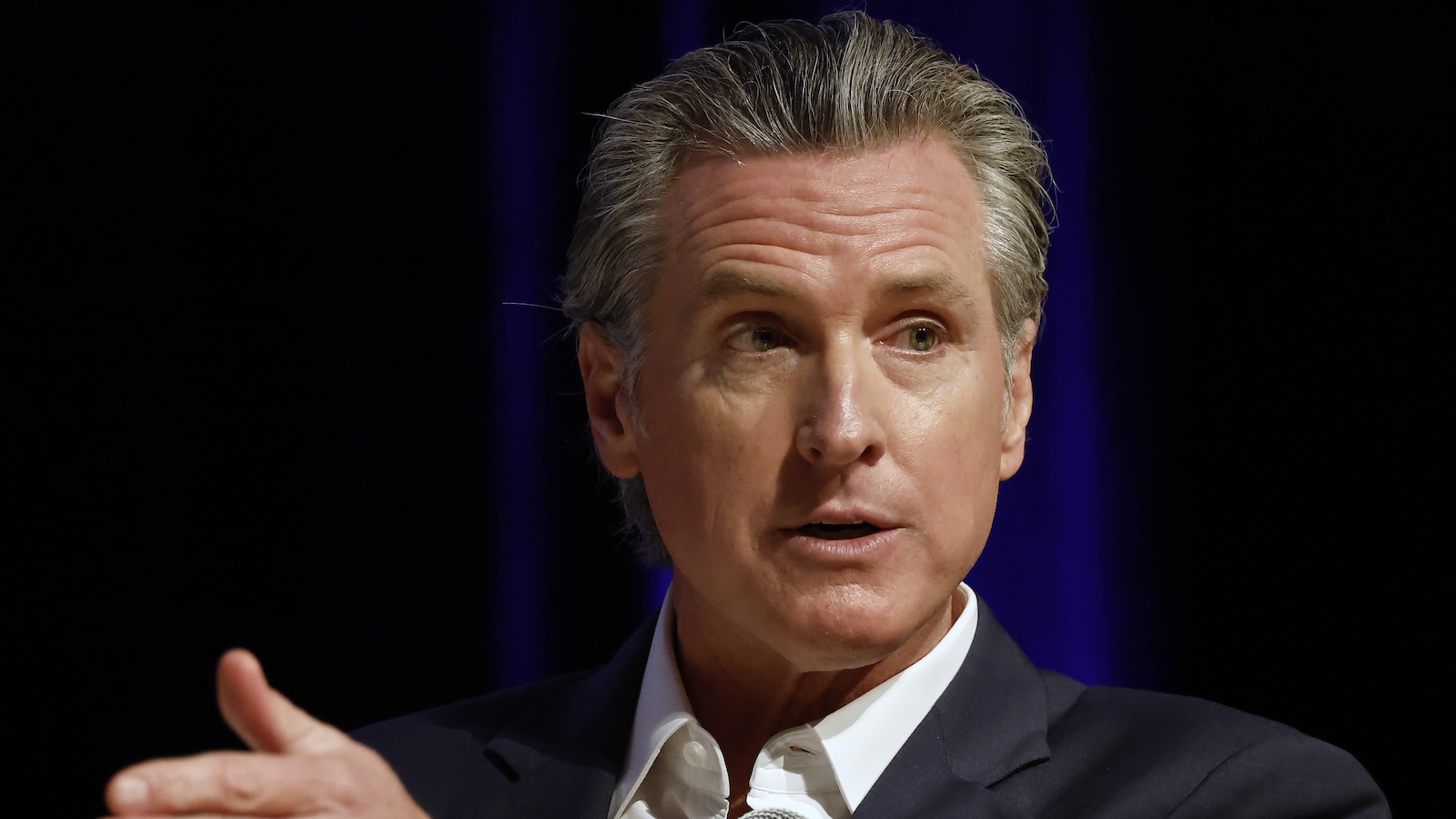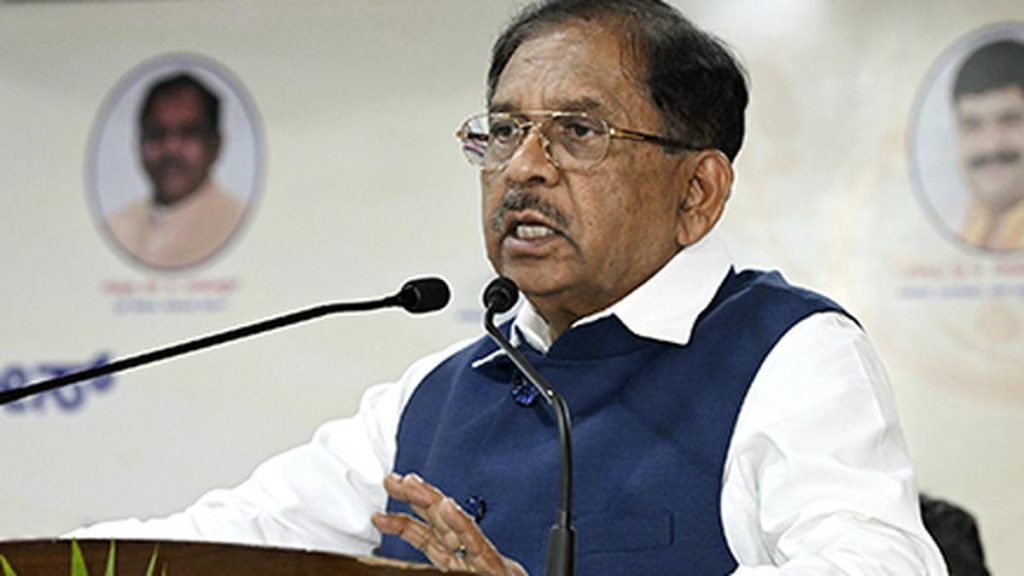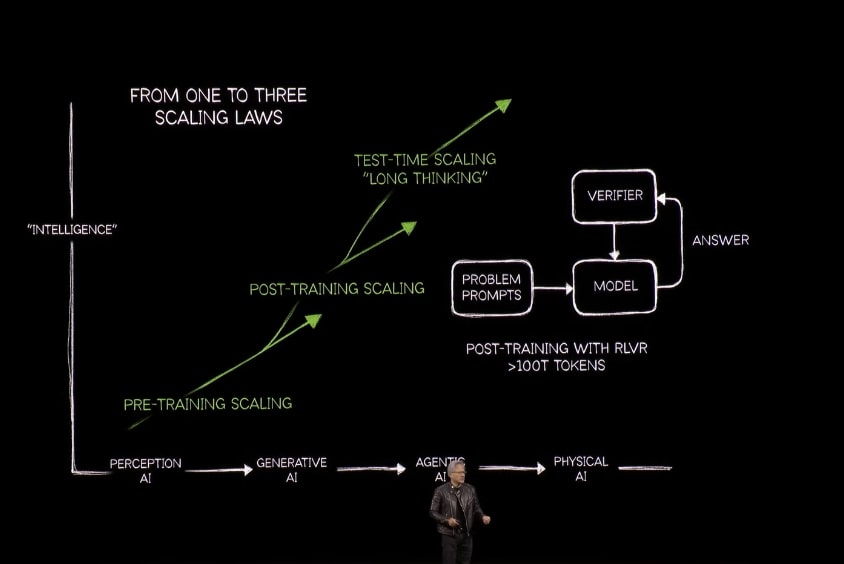Now Reading: Why Did Gavin Newsom Postpone California’s Landmark Plastic Policy?
-
01
Why Did Gavin Newsom Postpone California’s Landmark Plastic Policy?
Why Did Gavin Newsom Postpone California’s Landmark Plastic Policy?

Quick Summary
- California Governor’s Action: Governor Gavin Newsom has rejected CalRecycle’s proposed implementation rules for SB 54,California’s landmark plastic reduction policy passed in 2022.
- Environmental and Industry Impact: Environmental groups are disappointed with the delay, while plastics industry groups have voiced concerns but nominally support SB 54 over a previously scrapped ballot initiative that was more stringent.
- Policy Details: SB 54 mandates a reduction of single-use plastics by 25% by weight and count, along with higher recycling rates and the creation of a $500 million annual fund for pollution cleanup. Full compliance is expected by 2032.
- Reason for Delay: Newsom cited fairness and cost concerns affecting small businesses and families but did not provide specific details beyond referring to CalRecycle’s October regulatory impact assessment. Concerns from industry groups also played an implicit role in these developments.
- Future Course: New revisions will be submitted this summer after another public comment period. Senator Ben Allen had nearly reached compromises with industry leaders before Newsom’s decision to delay.Advocacy groups may revive the ballot initiative if necessary.
Indian Opinion Analysis
The delay in implementing California’s aspiring SB 54 signals broader challenges around balancing environmental ambitions with economic realities-a dynamic relevant for India as it contemplates policies on single-use plastics.Policymaking in this domain frequently enough pits grassroots advocacy against industry resistance, raising critical questions about governance structures needed to harmonize these conflicting priorities effectively.
India could learn valuable lessons from California’s experience here:
- Openness matters-Governor Newsom has been criticized for unclear motives behind his decision, possibly undermining trust between stakeholders.
- Long-term economic benefits like waste management cost reductions can outweigh immediate compliance costs, as illustrated in CalRecycle’s assessment of environmental returns over time.
- The role of corporate lobbying underscores the need for safeguards ensuring policies remain aligned primarily with public interest rather than diluted due to private influence.
For India-which has embarked on similar initiatives like banning certain single-use plastics-it must recognize that rigorous execution frameworks backed by clear timelines are as critical as passing legislation itself. Returning regulations “to the drawing board” risks slowing down urgently awaited environmental actions at a global scale.

























